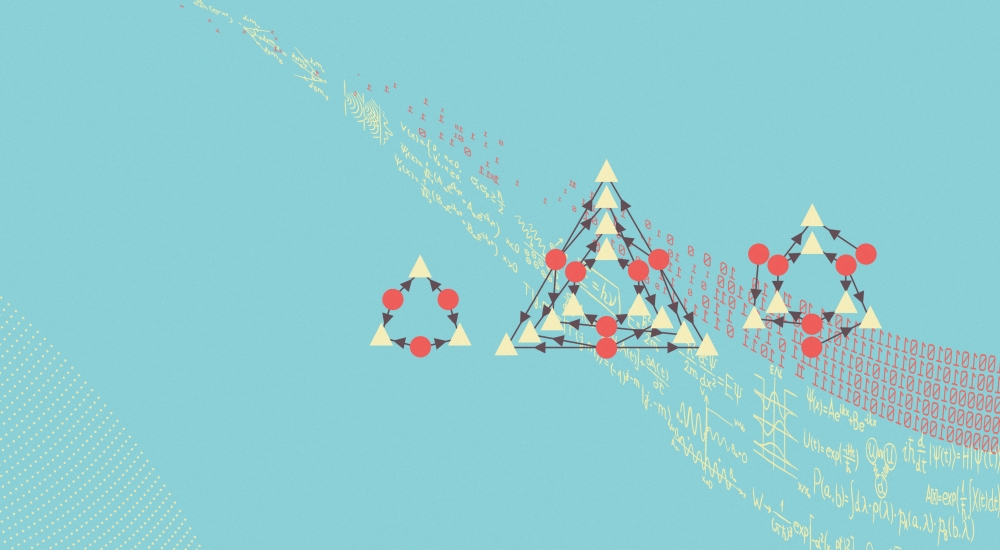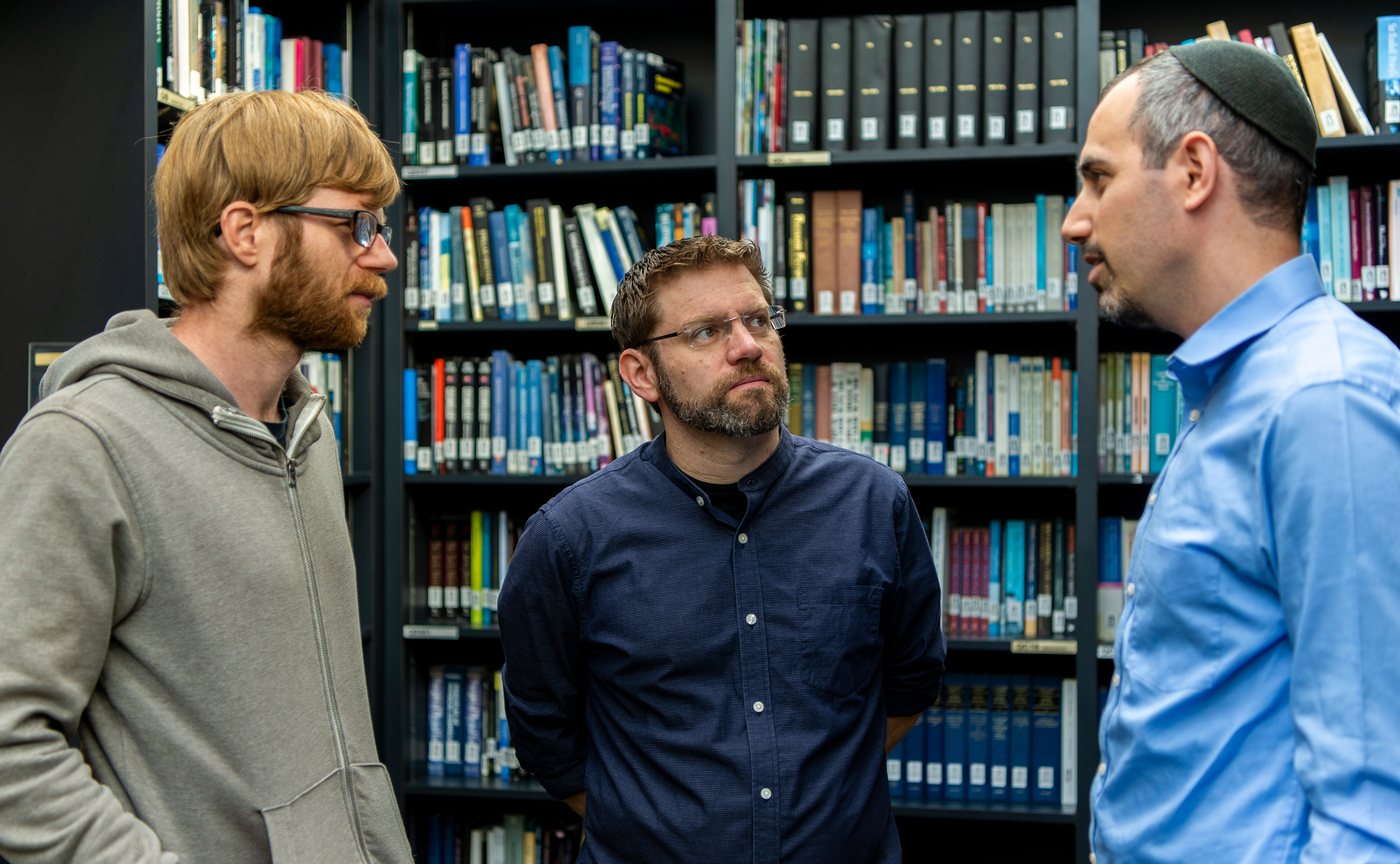The physicists working in Perimeter’s Quantum Foundations group have driven major recent progress in causal inference. Their success demonstrated the viability for a standalone lab with an audacious agenda, involving:
- developing an industry-relevant “unified theory of causal inference”
- building a Canadian powerhouse for research in quantum causal inference
- positioning Canada as global leader in this emerging science
- creating a nexus between real-world challenges and foundational research through collaboration with private industry partners
As global competition increases in this promising research area, we are making Canada a beacon for the world’s top talent, capable of pushing quantum causal inference research further and faster, and fostering deeper collaborations between Perimeter scientists and artificial intelligence researchers at other institutions.
Quantum causal inference can lead to algorithms that extract cause-and-effect insights from large statistical datasets, more powerfully and authoritatively than any existing technology.
The Quantum Causal Inference Lab will lead this area by:
- recruiting and retaining the best researchers in the world
- integrating AI research to accelerate applied use of quantum and quantum inspired causal inference algorithms
- contributing to Canada’s overall capacity to address industrial and societal challenges
- providing scientists with direct opportunities to maximize research productivity and to apply their discoveries in partnership with governments, companies, and other organizations
Researchers | |
|---|---|
Faculty: | Research Associate: |
Graduate Students: |
Collaborators
- Jonathan Barrett, Oxford University, Oxford, UK
- Rafael Chaves, International Institute of Physics, Natal, Brazil
- Xavier Coiteux-Roy, University of Lugano, Switzerland
- Noam Finkelstein, Department of Computer Science, John Hopkins University, Baltimore, MD
- Tobias Fritz, Department of Mathematics, University of Innsbruck, Austria
- Ciaran Lee, Senior Research Scientist at Spotify, Honorary Associate Professor at UCL
- Alex Posaz, Department of Mathematics, University of Madrid, Spain
- Marc-Olivier Renou, ICFO, Barcelona, Spain
- Kevin Resch, Department of Physics and Astronomy, University of Waterloo and Institute for Quantum Computing, Waterloo, Canada
- John Selby, University of Gdansk, Gdansk, Poland
- Ilya Shpitser, Department of Computer Science, John Hopkins University, Baltimore, MD
[arXiv:2009.03297 (quant-ph)]
J. Causal Inference 7(2), (2019)
[arXiv:1609.00672 (quant-ph)]
New J. Phys. 17, 033002 (2015)
[arXiv:1208.4119 (quant-ph)]
A quantum advantage for inferring causal structure

